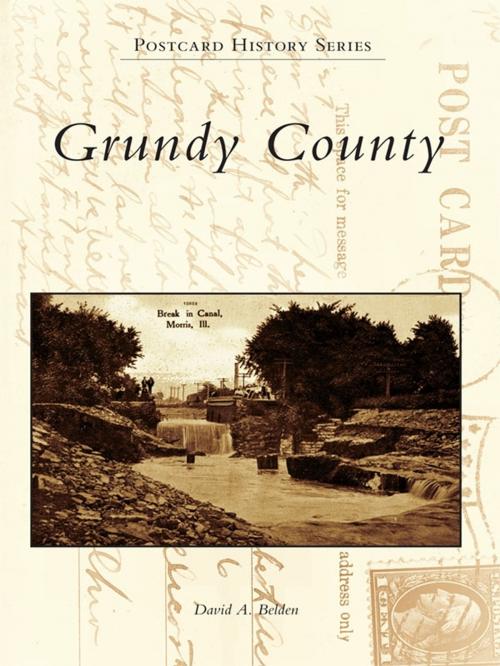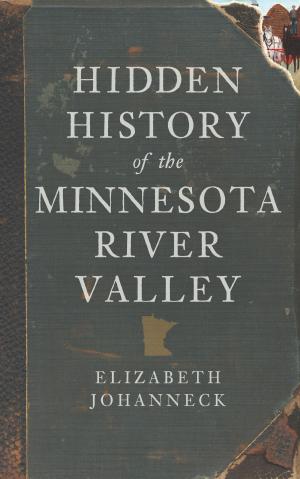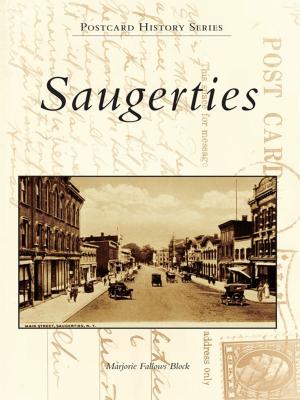Grundy County
Nonfiction, Art & Architecture, Photography, Pictorials, Travel, History, Americas, United States| Author: | David A. Belden | ISBN: | 9781439618806 |
| Publisher: | Arcadia Publishing Inc. | Publication: | October 3, 2007 |
| Imprint: | Arcadia Publishing | Language: | English |
| Author: | David A. Belden |
| ISBN: | 9781439618806 |
| Publisher: | Arcadia Publishing Inc. |
| Publication: | October 3, 2007 |
| Imprint: | Arcadia Publishing |
| Language: | English |
In 1673, Louis Jolliet and Fr. Jacques Marquette were the first Europeans to explore the Mississippi River and the Illinois River valleys. With their canoes loaded with furs, pelts, and other goods on their return trip to Montreal, their explorations through much of the interior of Illinois included encounters with Native American tribes and took them through what is now Grundy County. Over 150 years later, the first permanent residents, including William Marquis, began settling and farming in the area. While the chief occupation of the residents is agriculture, the county also has the Illinois River and the Illinois and Michigan Canal that pass through its northern sections, as well as the Rock Island and the Chicago and Alton Railways. With communities rich in history and small-town charm, Grundy County continues to draw visitors and residents to its towns, parks, museums, rivers, and lakes. Grundy County attempts to reveal this unique county and its sense of community and pride.
In 1673, Louis Jolliet and Fr. Jacques Marquette were the first Europeans to explore the Mississippi River and the Illinois River valleys. With their canoes loaded with furs, pelts, and other goods on their return trip to Montreal, their explorations through much of the interior of Illinois included encounters with Native American tribes and took them through what is now Grundy County. Over 150 years later, the first permanent residents, including William Marquis, began settling and farming in the area. While the chief occupation of the residents is agriculture, the county also has the Illinois River and the Illinois and Michigan Canal that pass through its northern sections, as well as the Rock Island and the Chicago and Alton Railways. With communities rich in history and small-town charm, Grundy County continues to draw visitors and residents to its towns, parks, museums, rivers, and lakes. Grundy County attempts to reveal this unique county and its sense of community and pride.















